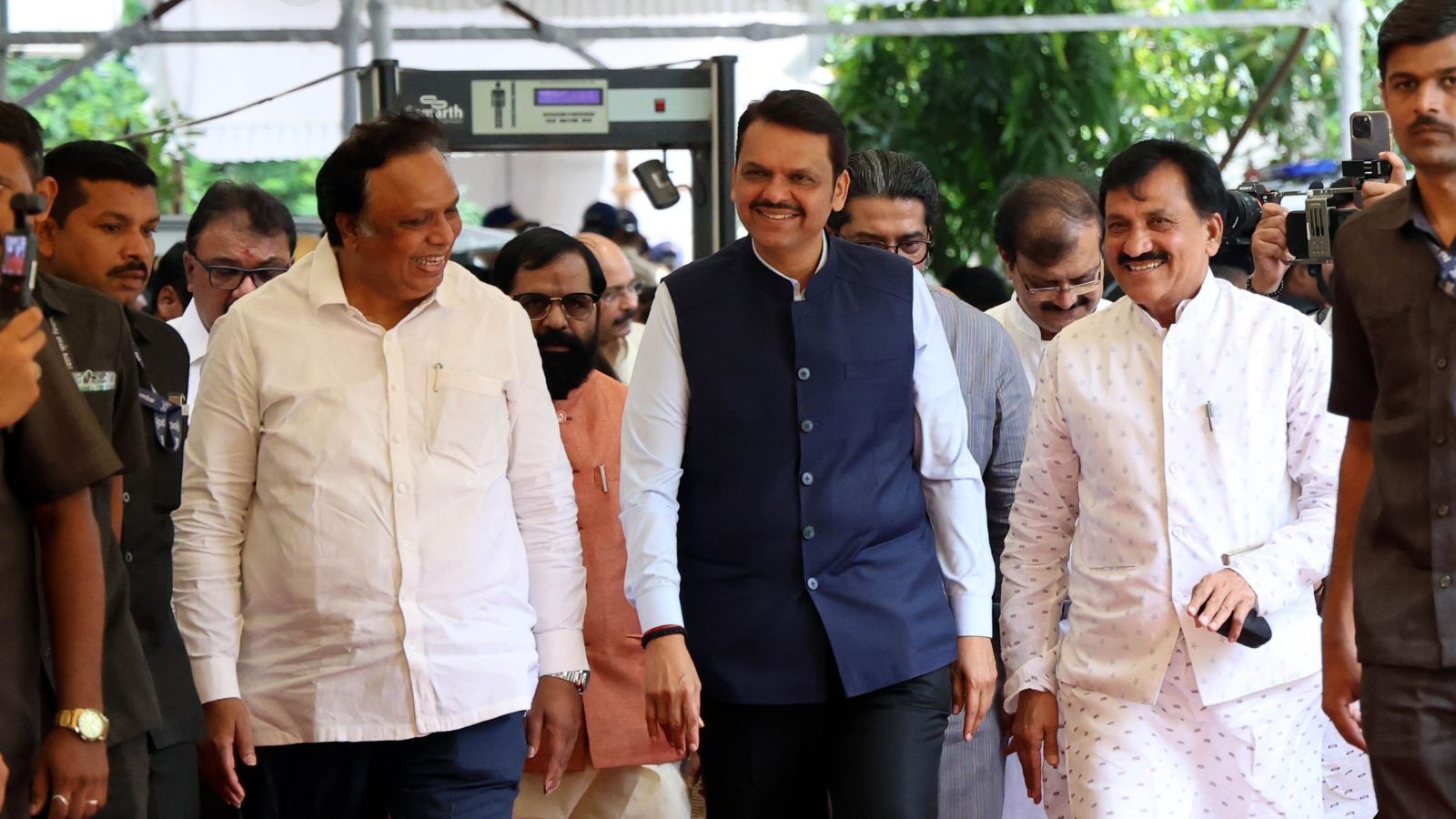
Strict Social Media Regulations for State Employees Announced
The Maharashtra government has introduced comprehensive guidelines to regulate the social media activities of its employees, emphasizing the need for professional conduct and neutrality in public service. The directive, issued by the General Administration department, prohibits state government workers from making critical remarks about state or central government policies on platforms like Facebook, X, and Instagram. This move aims to prevent the misuse of social media for personal gain or political commentary, ensuring that public servants uphold their ethical responsibilities. Employees are required to maintain separate personal and official accounts, avoiding any overlap between private opinions and official duties. The guidelines also mandate the use of authorized channels for promoting government initiatives, with restrictions on platforms like WhatsApp and Telegram for external outreach. This directive applies to all government employees, including those on deputation, contract, or external recruitment, as well as personnel in local bodies and public sector undertakings. The Maharashtra Civil Services (Conduct) Rules, 1979, will be enforced to address any violations, with disciplinary actions as a consequence.
Prohibited Activities and Disciplinary Measures
Under the new guidelines, government employees are explicitly barred from sharing confidential information, objectionable content, or defamatory remarks on social media. The directive emphasizes the importance of maintaining the dignity and neutrality of public service, warning against the use of government identity in personal accounts. Officials are instructed to avoid self-promotion, ensuring that any posts about government work remain objective and free from individual glorification. The resolution also prohibits the use of banned platforms, even in personal capacity, and mandates the secure handling of official social media accounts during transfers. Violations of these rules will trigger disciplinary proceedings under the Maharashtra Civil Services (Discipline and Appeal) Rules, 1979, or other applicable service regulations. The government has highlighted the risks of unauthorized information sharing, false content, and breaches of conduct, underscoring the need for strict adherence to these guidelines to safeguard public trust and institutional integrity.
Rationale Behind the Guidelines and Digital Responsibility
The Maharashtra government has cited the growing influence of digital platforms as a key reason for implementing these regulations. Social media is now a critical tool for public engagement, information dissemination, and coordination, but its misuse poses significant risks. The directive seeks to balance the benefits of digital communication with the need to protect sensitive data and maintain professional standards. Officials are reminded that their online activities reflect the state’s image and must align with ethical conduct. The resolution also addresses the potential for misinformation and the spread of unverified content, which could undermine public confidence in government initiatives. By enforcing strict protocols, the administration aims to ensure that public servants use their digital presence responsibly, avoiding any actions that could compromise their role as impartial representatives of the state. The guidelines emphasize the importance of transparency, accountability, and the ethical use of technology in public service.
Implementation and Compliance Requirements
The directive mandates that all government employees, including those in local bodies and public undertakings, comply with the new social media policies. Employees are required to segregate personal and official accounts, ensuring that private opinions do not interfere with professional responsibilities. The resolution also specifies that only authorized personnel, with prior approval, can promote government schemes through official channels, while unofficial platforms are off-limits for such activities. The government has emphasized the need for disciplined use of digital tools, including the prohibition of sharing confidential documents or engaging in unauthorized communication. When transferred, employees must hand over control of official social media accounts to their successors, ensuring continuity in compliance. The Maharashtra Civil Services (Conduct) Rules, 1979, will serve as the framework for disciplinary actions, reinforcing the importance of adhering to these guidelines to maintain the integrity of public service.
Broader Implications for Public Sector Digital Engagement
The Maharashtra government’s initiative reflects a growing trend of states regulating digital conduct among public servants to mitigate risks associated with social media. By setting clear boundaries for online behavior, the administration aims to prevent the misuse of public resources and protect the reputation of government institutions. The guidelines also highlight the need for digital literacy and ethical awareness among employees, ensuring they navigate online platforms responsibly. While the directive may raise concerns about freedom of expression, the government has framed it as a necessary measure to uphold professional standards and public trust. The resolution underscores the importance of balancing transparency with accountability, allowing officials to engage with citizens without compromising their impartiality. As digital platforms continue to evolve, such regulations will likely become more prevalent, shaping the future of public sector communication and governance.



